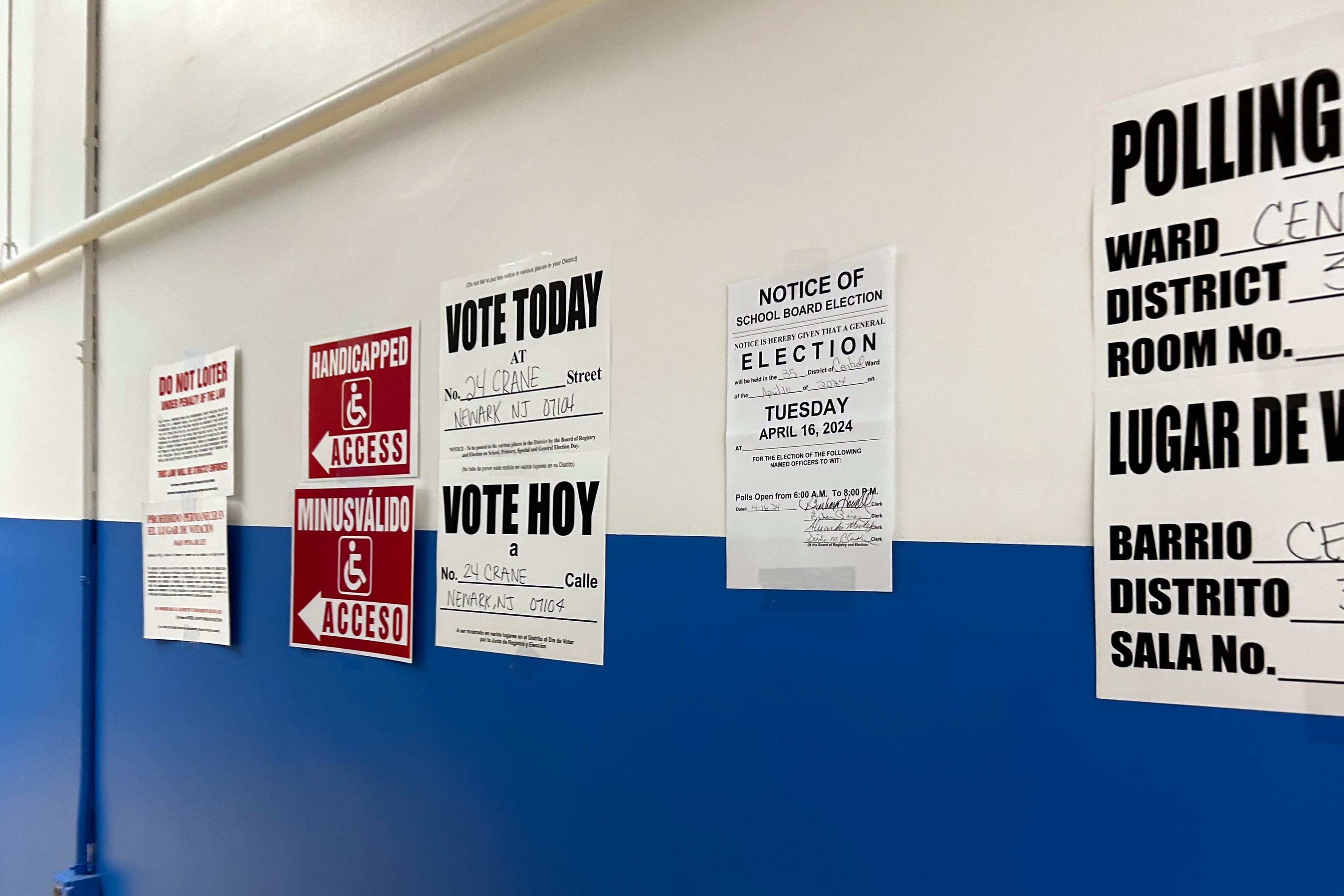Sign up for Chalkbeat Newark’s free newsletter to get the latest news about the city’s public school system delivered to your inbox.
The 2025 Newark school board election on April 15 will be a historic one as the city’s 16- and 17-year-olds will get to exercise their newly established right to vote — a first for the city and New Jersey.
Ahead of the election, Chalkbeat Newark wants to know what questions the school community has for the 12 candidates, including one incumbent, who have submitted their bid to compete for three three-year seats on the board.
The questions will help build Chalkbeat’s 2025 voter guide, a digital tool with essential information about the candidates’ positions to help voters make informed decisions this spring.
Newark’s nine-member board of education establishes district policies and goals, and holds Superintendent Roger León accountable for his responsibilities, which entail leading and guiding the district and staff members in accordance with those policies and goals. The board oversees the district’s $1.5 billion dollar budget, approves curriculum, and serves as the bridge between the community and the school system.
In recent years, the board’s focus has been on improving student performance on literacy, math, and science state exams as the district is currently under a state-approved improvement plan.
Board members Crystal Williams and Daniel Gonzalez, whose seats are up for grabs this year, will not be seeking reelection. Williams is completing her first and only term. Gonzalez has been on the board since 2021, when he was first elected to a one-year term and then subsequently ran with Williams in 2022 for a full term.
The pool of candidates includes incumbent Kanileah Anderson running on the Newark Schools Forward slate with newcomers Louis Maisonave, a city firefighter, and David Daughety, a Newark Public Schools graduate who serves on the city’s Civilian Complaint Review Board Commission.
Looking for a guide on how to vote in the election? Newark students created one here.
Returning candidates Latoya Tucker-Jackson and Yolanda Johnson are also running, along with Dewayne Bush, Jordy Nivar, John Farrell, and Elaine Asyah Aquil. Running on the Prioritizing Newark’s Children slate is another returning candidate Ade’ Kamil Kelly, along with newcomers Nathanael Barthelemy and Shana Melius.
Residents must register to vote in the April election by March 25. The last day to apply by mail for a vote-by-mail ballot is a week before the election. Voting in person at designated polling locations takes place on April 15.
In the form below, let us know what questions you have for the candidates by Friday, March 7.
If you are having trouble viewing this form, go here.
Catherine Carrera is the bureau chief for Chalkbeat Newark. Contact Catherine at ccarrera@chalkbeat.org.







